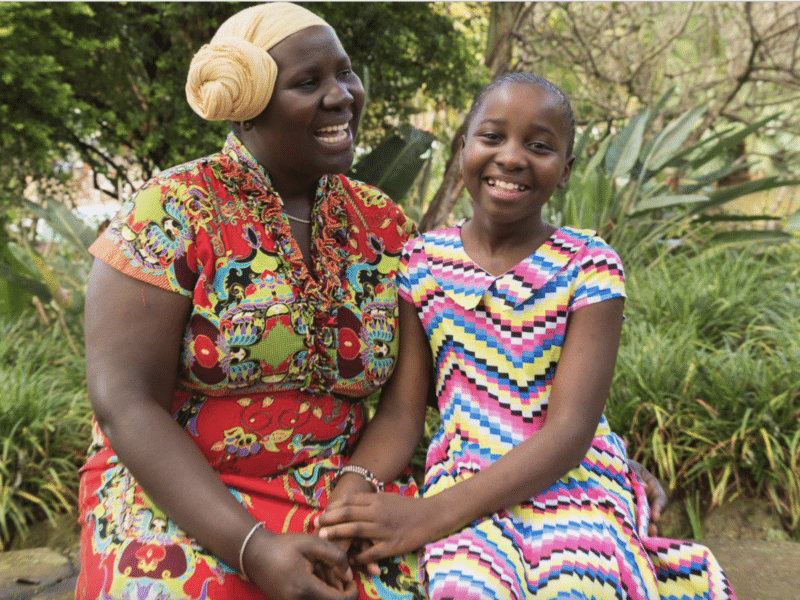Every day in Africa, cell phones are used to connect hundreds of millions of people, share information among businesses and transfer bank funds from one end of the continent to the other. Now they are being used to empower health advocates to combat an age-old disease through a homegrown initiative that has raised funds for anti-malarial bednets in Uganda.
Using cell phone technology, the United Against Malaria (UAM) partnership launched an SMS campaign in Kampala shortly after World Malaria Day, which took place this year in late April. The Johns Hopkins Bloomberg School of Public Health Center for Communication Programs (JHU∙CCP) is a founding UAM partner. Corporate sponsor MTN Uganda, a telecommunications company, sent educational text messages to 7 million cell phone subscribers. Of those, 20,000 texted back to show their support. The proceeds of those transmissions went toward the purchase of 800 mosquito nets, “evidence that Ugandans as individuals are helping fight the malaria killer out of this country,” says MTN Corporate Affairs Manager Justina Ntabgoba Kayemba.
The 800 nets were distributed to pediatric and maternal wards in the Teso region, which includes the malaria-infested shores of Lake Kyoga in central Uganda. Despite high infection rates, the region missed out on a recent mosquito-net distribution by the Global Fund to Fight AIDS, Tuberculosis, and Malaria due to scarce resources.
In Uganda, approximately 40 percent of outpatient visits to health facilities and nearly half of inpatient pediatric deaths are caused by malaria, a preventable and treatable disease spread through the bite of the female Anopheles mosquito. The private sector is now helping to fill the resources gap. In total, six partners pledged continued support for the United Against Malaria campaign, which aims to draw together governments, the football fraternity, non-governmental organizations and the business sector in a push towards eradicating malaria in Africa.
The UAM partners have engaged the public in a variety of ways. For two months, Shoprite markets distributed educational flyers to more than 40,000 shoppers per week and provided giveaways as incentives to join the SMS campaign. Total gas stations also gave away prizes. And Nets for Life partners, including Standard Chartered Bank, the Church of Uganda, and Coca Cola, educated their constituents and procured steeply discounted nets for staff and customers. Nets for Life has distributed millions of long-lasting insecticide-treated nets since 2006.
In a July 22 ceremony organized by UAM coordinator Kenneth Mulondo, 20 campaign participants joined UAM partners for a raffle and prize distribution. The event showed just how far ordinary people can go to help save lives through simple, everyday action, and through powerful partnerships.
JHU∙CCP’s efforts through the United Against Malaria partnership is being led by the Voices for a Malaria-Free Future advocacy project. Learn more about the Voices project and the United Against Malaria partnership.





